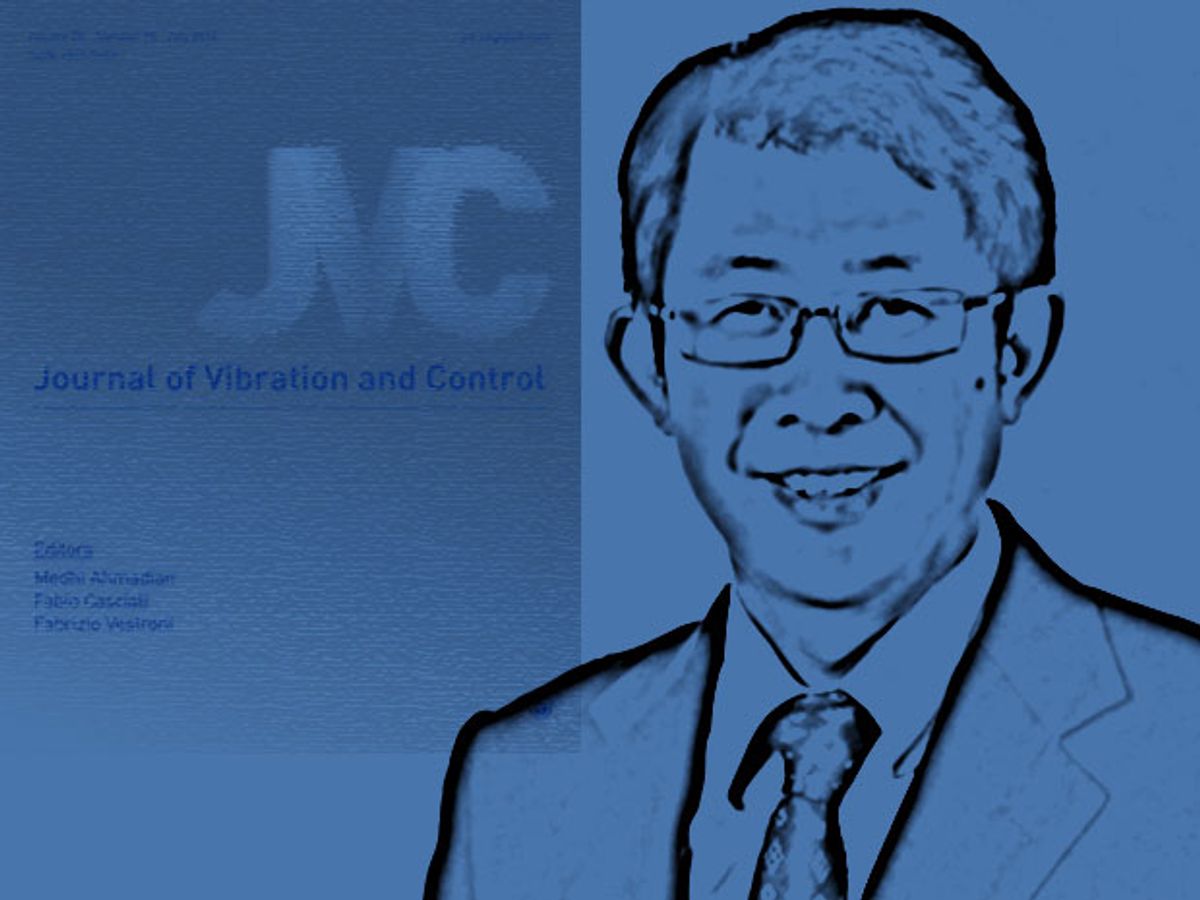Taiwan's Education Minister Wei-ling Chiang resigned this week over an academic publishing scandal involving a peer review ring plotted by a young Taiwanese researcher.
In early July, 60 academic papers—five of which list Chiang as a co-author—were retracted from the Journal of Vibration and Control (JVC) after an investigation revealed a "peer review and citation ring" involving former National Pingtung University of Education (NPUE) associate professorPeter Chen (Chen-yuan Chen).
According to JVC's publisher, Sage Publications, Chen had created fraudulent online accounts to favorably review the papers.
“Consequently, SAGE scrutinized further the co-authors of and reviewers selected for Peter Chen’s papers, [and] these names appeared to form part of a peer review ring. The investigation also revealed that on at least one occasion, the author Peter Chen reviewed his own paper under one of the aliases he had created,” SAGE said in a statement on earlier this month.
In 2013, the then editor-in-chief of JVC, Professor Ali H. Nayfeh, and SAGE became aware of the potential peer review ring plotted by Chen. Chen resigned from his post at NPUE this February. Nayfeh retired and resigned his position as editor-in-chief of JVC in May.
The retractions were first reported on the blog Retraction Watch. When the news became widely reported by local media in Taiwan, Chiang, who holds a Ph.D. in civil engineering from Stanford University, denied that he knew Chen and said he was unaware of being listed as a co-author.
Taiwan’s Premier Jiang Yi-huah ordered the Ministry of Science and Technology to investigate the scandal. Opposition leaders and some academic researchers urged the education minister to resign for what they called "lack of academic ethics."
Later, Chiang admitted that he met Chen twice at occasional events but had never conducted any research jointly.
Cheng-wu Chen, Chiang's former student and Chen’s twin brother, told a news conference on 13 July that, since 2001, he had listed the education minister as a co-author on 17 papers—some of which involved the work of his brother Peter Chen (Chen-yuan Chen).
"I linked the two names," Cheng-wu Chen, a professor at National Kaohsiung Marine University, said. Indeed the two brothers and Chiang are listed as coauthors in some IEEE journals.
Many Taiwanese researchers said the scandal seriously undermines Taiwan’s academic reputation.
In Taiwan, the academic evaluation system has been under fire for years. To get promoted quickly, some ambitious professors amass SCI (Science Citation Index) credits at an astounding pace by being listed as co-authors.
“The evaluation system, which overvalues SCI index, encourages researchers to focus on numbers and technologies rather than their interests and methods,” Shih-jung Hsu, a professor at National Chengchi University's Department of Land Economics, told IEEE Spectrum.
Chiang told a news conference on 14 July that his decision to step down was made to both defend his reputation and smooth the operation of the government.
Chiang received an email from JVC saying:
“We cannot comment on the content and quality of the retracted papers, due to the fact that they were not assessed in line with appropriate and correct/quality peer review standards. We are able to clarify that we believe there are innocent parties involved and which may include many of those listed as co-authors such as yourself."
This is the second academic scandal to take down a Taiwanese minister in a year. Last August, Taiwan’s former Minister of National Defense Andrew Yang resigned over plagiarism allegations after just six days in office.



